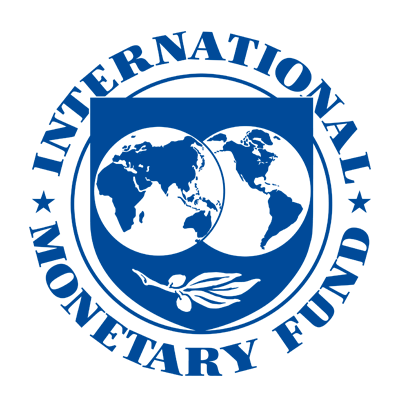Washington, DC: An IMF staff team led by Jesmin Rahman visited Kampala from November 3 to 7 to conduct Uganda’s post-financing assessment (PFA).[1]
Economic growth was broad-based, reaching 6.3 percent in FY2024/25. Inflation remains stable and below the 5 percent medium-term target of the Bank of Uganda (BoU). Gross international reserves strengthened, supported by higher exports, capital inflows, and stepped-up foreign exchange purchases by the BoU.
The fiscal position deteriorated significantly in FY2024/25 due to higher current spending, including one-off items. Macroeconomic conditions are expected to remain favorable in the near term, with further improvement anticipated once oil production begins in FY2026/27. However, the outlook is subject to downside risks, including global trade and financial uncertainties as well as fiscal policy slippages.
The staff team assessed Uganda’s capacity to repay the IMF as adequate under a combination of external and domestic shocks. The IMF team thanks the authorities for their productive engagement and hospitality.
The IMF Executive Board is expected to consider Uganda’s PFA in January 2026.
[1] A Post Financing Assessment (PFA) is expected for countries with outstanding credit above the absolute or quota-based thresholds that do not have an IMF-supported program or a staff-monitored program. It reports on the member’s policies, the consistency of the macroeconomic framework with the objective of medium-term viability, and the implications for the member’s capacity to repay the Fund. PFA Factsheet.
